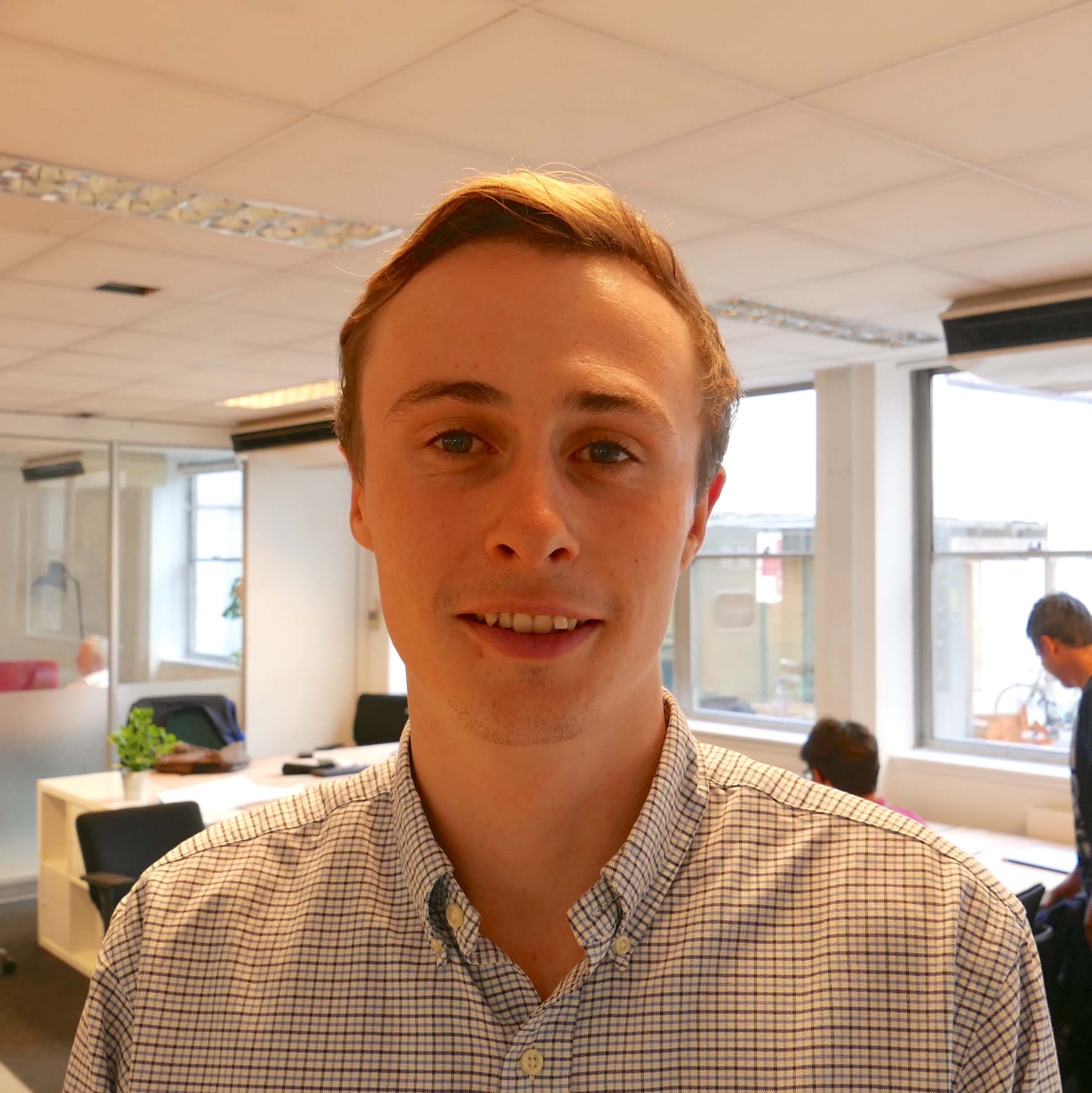
“Startups like Sulapac® help to make a difference”
Interview with Matthew Aubrey from BGV
Matthew, you were one of the judges at the Green Alley Award 2017 finals. On what basis did you select the winner? What were your criteria?
It was a difficult decision to select a winner due to the high quality of the ventures pitching on the night. At BGV we’ve developed a rigorous assessment framework, which I referred to judging in this competition. There is a lot that needs to be considered when assessing a startup: solution, problem, business model, team, competition, market and many other things along the way.
The judges were in a good position on the night of the pitches as we had been given time beforehand to review the startups pitch decks. From these you could understand the ventures and their qualities. For the pitches we were able to focus on unanswered questions from the decks, and see how the teams presented. It is always important for a venture to be able to convey what they do and what they want to achieve to an audience.
At Bethnal Green Ventures you are working with a lot of start-up teams in a three-month-programme. How do you know a start-up could be successful when you see it and how does this apply to the Green Alley Award winner Sulapac®?
Picking successful startups is hard at such an early stage – it is a fact of life that many startups don’t succeed and those that do may pivot significantly from their original plan. There are so many things that can accelerate or slow them down on their journey. At an early stage, startups often fail due to team issues or not being able to identify or reach their customers. Sulapac® appear to have a strong team with varied skills. They have also identified their first customer segment: the luxury cosmetics market.
I also like to consider timing: is the market in the right place for a product? Many companies have arrived in a market too early or too late. The world is in need for an alternative to plastic and consumers are really starting to understand the scale of the problem. Enter Sulapac®.
What do you think are the biggest challenges or opportunities in the circular economy that start-ups should focus on?
I believe it is a really exciting time for the circular economy. More and more consumers are becoming aware of where their products have come from and their impact. Organisations and businesses are seeing that consumers want more sustainable products and services, and that it makes economic sense for them to produce more sustainably.
This is where both the opportunity and challenge lies. The circular economy needs to seize on this moment to show there are viable alternatives to the linear economy. This will further drive behaviour change for both consumers and businesses leading to a more sustainable, circular economy. Certainly, there are many challenges in this space, but startups like Sulapac® and innovation challenges like the Green Alley Award, which supports them, can really help to make a difference.